The implications of COVID-19 have sent shockwaves throughout the aviation industry, sending a myriad of liquidity-strapped airlines, across the globe, into administration or part government ownership. The inherent uncertainty levels, that are synonymous with current times, have left a wide array of airlines across the globe struggling to navigate through uncharted territories. Even a legacy carrier like British Airways is not able to survive this crisis, at least not without the financial and non-financial support from the government and the stakeholders. Apart from close collaboration between airlines and stakeholders, the downsizing of the business is one of the keys to survive this crisis; these actions needs to be handled sensitively (e.g. axing of 12,000 jobs).
The worst of the first wave is been behind numeroud countries in various parts of the world, for these countries the domestic/continental markets have entered into a recovery phase. In the UK it has been very challenging to kickstart travel within Europe, mostly due to the UK government’s botched handling of the current COVID-19 crisis. First by bungling the initial COVID-19 response earlier this year, then secondly by imposing misguided 14 day quarantines on passengers arriving in the UK. The government’s lack of cooperation and commitment to the aviation sector so far has led to the following event: Forcing the UK flag carrier, British Airways, to pull every single cost-cutting measure out from their drawers, at the cost of the BA employees.
Lawmakers complaints about the airline’s job cuts seem to be one-sided and are only resulting in an ongoing unsolved conflict. Criticising airlines has become a national pastime for people across the globe, including the UK. However, blasting the company for trying to prevent its own collapse due to COVID-19 is unfair and irresponsible. British Airways is burning about £600m of cash every month and, from a sustainable and economical point of view, countermeasures have to be taken immediately in order to save that airline from the collapse – especially during the challenging winter period.
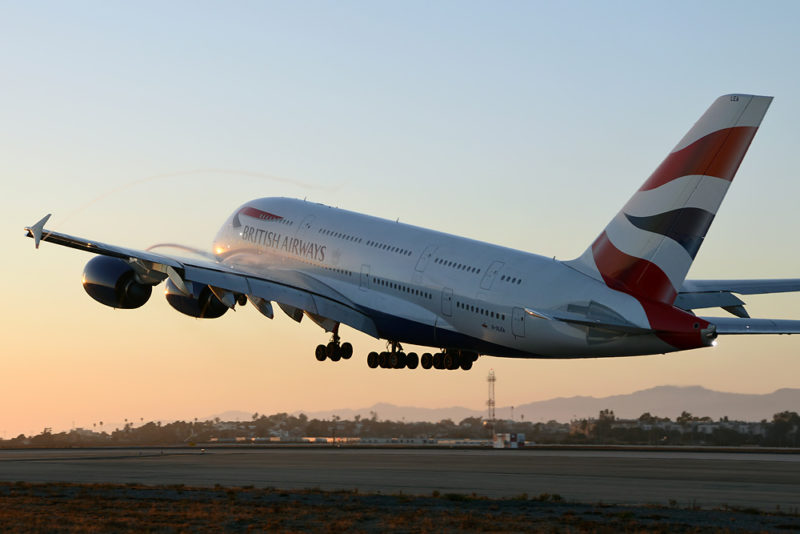
British Airways was very profitable in pre COVID-19 times, including achieving a 14.5 per cent operating profit margin in 2019. The company cash reserves therefore are still decent; however, British Airways’ current operating model could eat up these cash reserves quickly. A full-service network carrier like British Airways relies heavily on business travel and under these circumstances, especially with the imposed 14 days-quarantine rules for arrivals from other countries including Spain and France, the recovery process for them will take longer than usual.
The union’s lack of cooperation, and economic understanding, has also led to the ongoing toxic conflict between the management of the airline company and the union. Even if bailouts and wage subsidies buy an airline time, they do not change the economics at the end of the day. Therefore, regrettably, job cuts are inevitable and the union therefore should actively return to the negotiation table with British Airways, with a mindset that is willing to find realistic solutions.
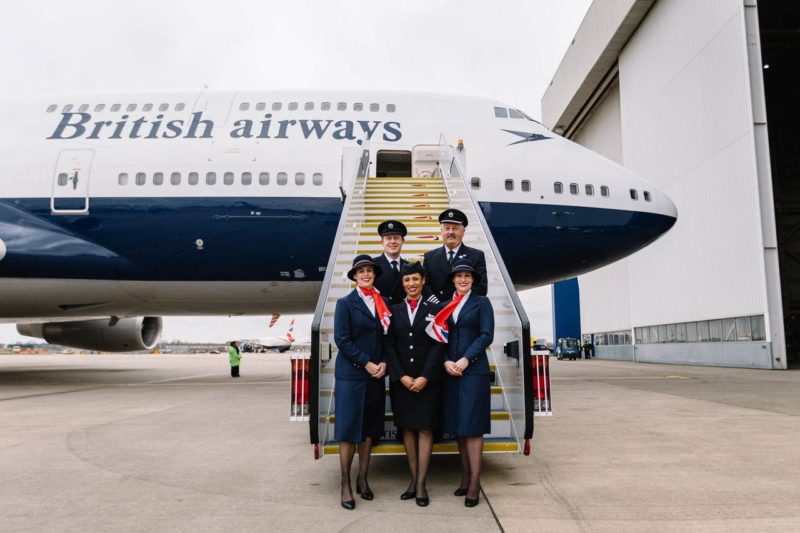
From my point of view, the best approach to solve these issues would be following:
- Conversion of full-time jobs into secured part-time jobs, which could be returned to full-time jobs from 2023 on (in alignment with capacity and demand growth)
- A salary cut for 3000-5000 pilots by up to 30 per cent until 2023, leading to additional savings of up to £250m
- For the protection of jobs, airline workers should join together to form action committees; these committees should be independent from the partly politically motivated unions
The constant and sustainable safeguarding for the UK’s flag carrier should be the top priority for the employees, the union and the UK Government. In addition to that, it should be in the interest of all stakeholders to sacrifice these measures in order to safeguard jobs in the long-term; since the demand for travelling by plane will ultimately return to its previous long-term growth trajectory.
A closer cooperation between the airline, the UK Government and the union (+ employees) is essential in this case. It could contribute to a reduction of the amount of upcoming redundancies. Thousands of jobs at British Airways could be saved from this close cooperation; the longer the battle goes on, the more jobs (direct and indirect) will be put at risk. Increased levels of redundancies would also do more harm than good for all involved parties (e.g. the general economy). The airline must handle such tough measures sensitively, it is not helping that the lawmakers and unions are attacking the airline during its fight to survive the ongoing pandemic.


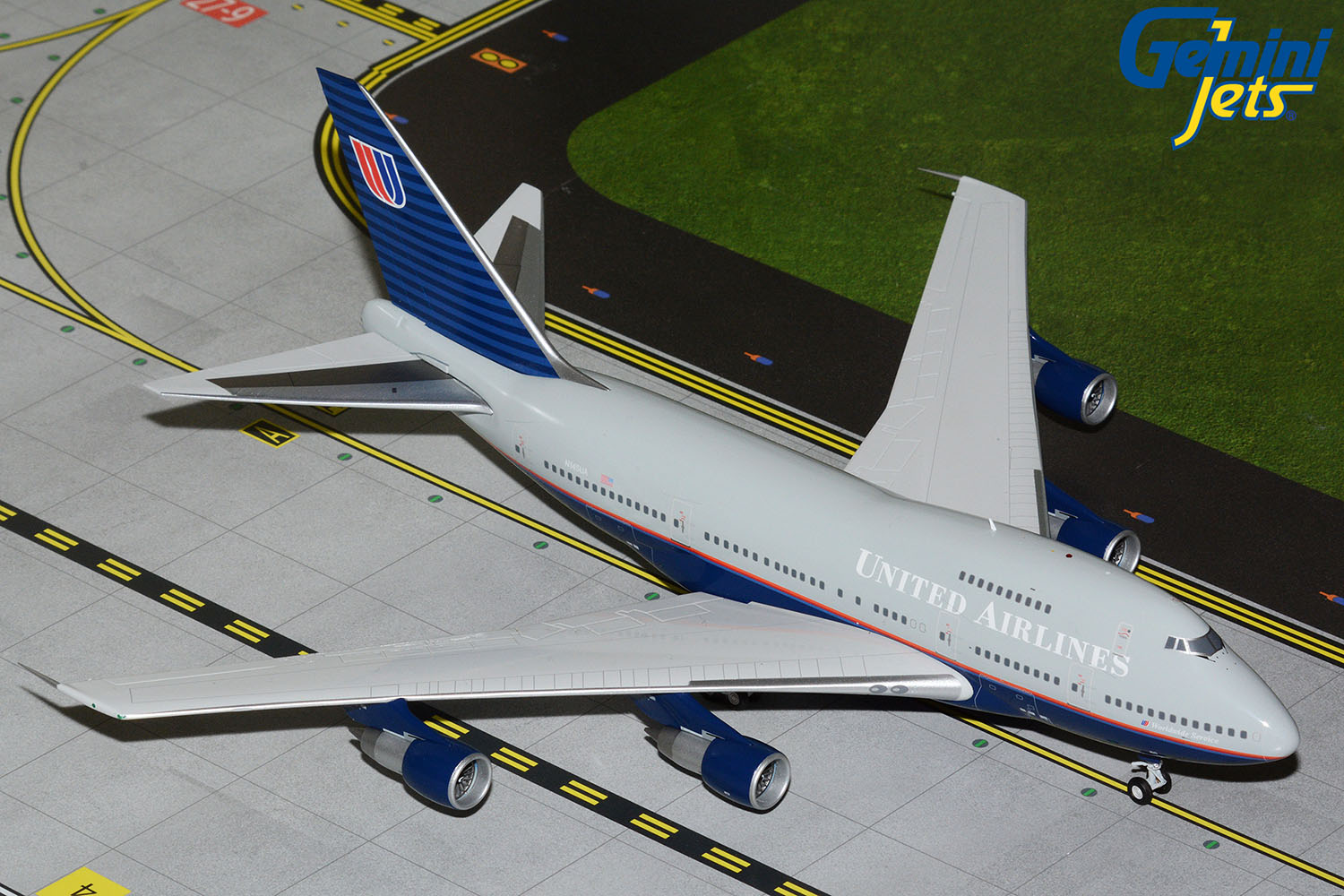
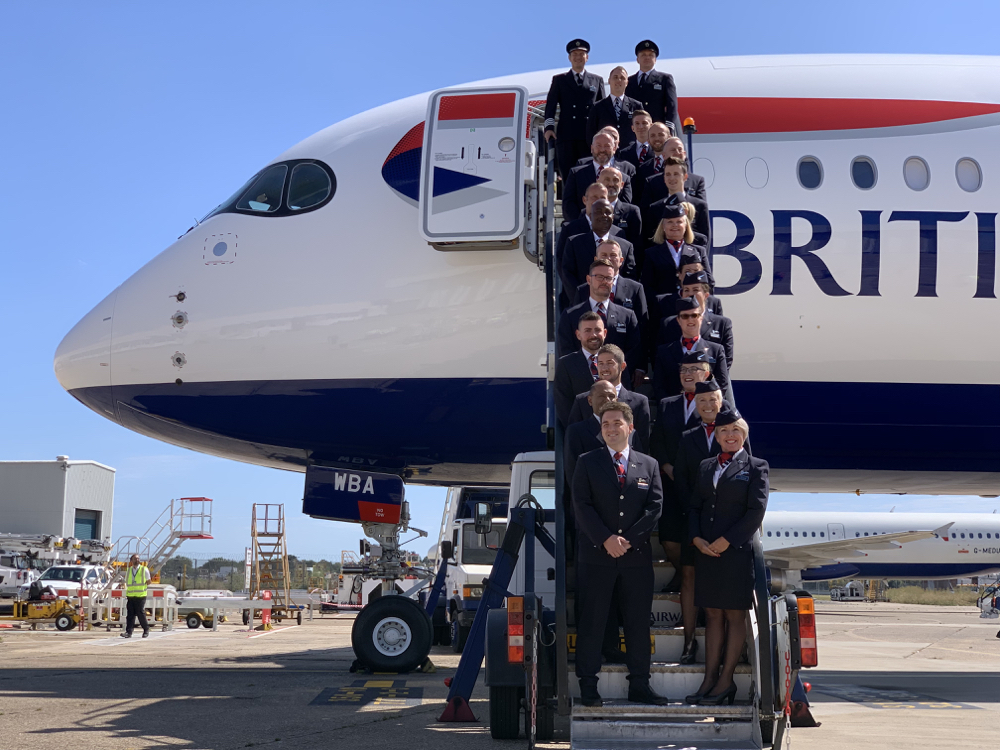
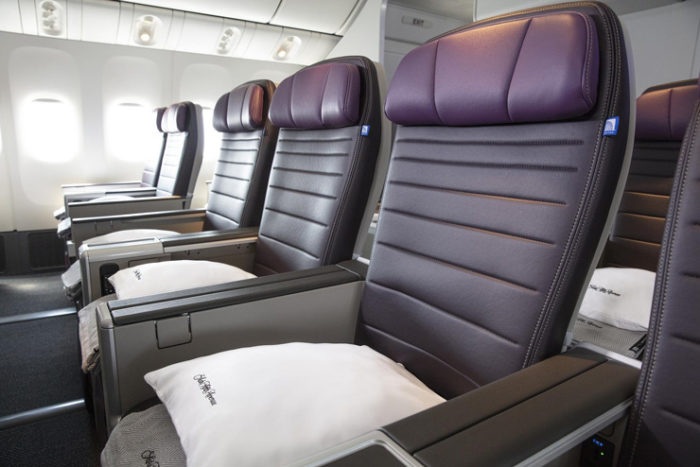

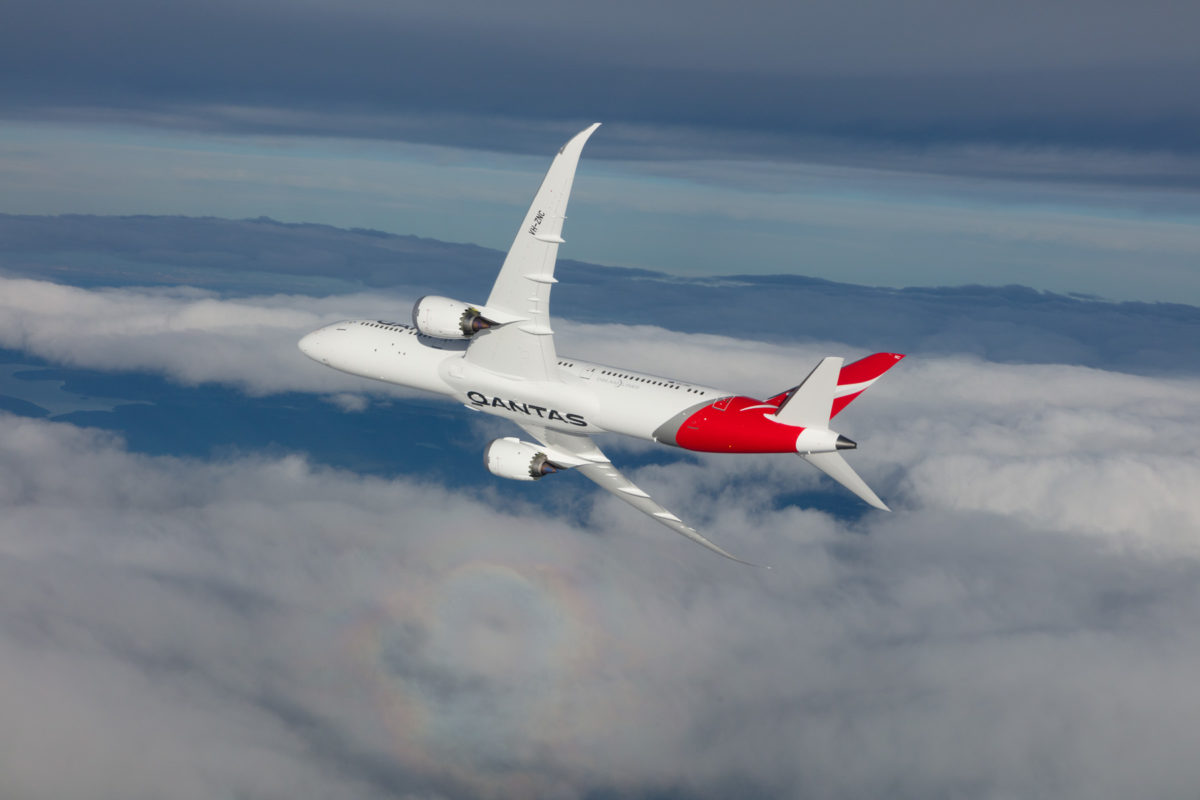




After the first round of money to the airlines and other industries now we taxpayers are being asked for more money, a movie we have seen before. When times are good the airlines don’t mind nickeling and dimeing its passengers forgetting what we have done in the past.
Having said that we can not continue to fund loses at the airlines period. There is nothing in it for us to begin with as well as the fact of life is employees are going to be laid off/furloughed and or job position eliminated that again is a fact of life. Travel as we knew it will be much different going forward. And don’t forget the airlines besides covering salaries are also covering they huge “burden”
No I am totally against any further funding to airlines.